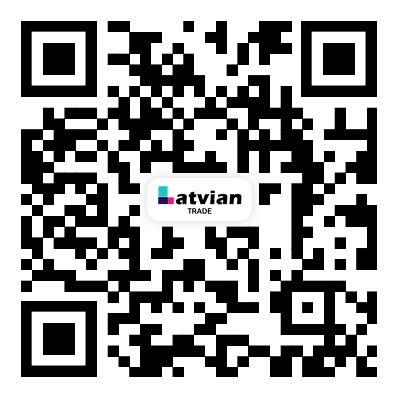What is the difference between a smart meter and an electric meter?
2023-12-28
A traditional electric meter, also known as a standard or mechanical meter, is a device that measures the amount of electricity consumed by a household or business. These meters are often read manually by a utility company representative who visits the premises periodically to record the usage data. They typically display the total amount of electricity consumed in kilowatt-hours (kWh).

On the other hand, a smart meter is a more advanced device that not only measures electricity usage but also provides real-time data on energy consumption. Smart meters use digital technology to track energy usage more accurately and transmit this data remotely to the utility company. Unlike traditional meters, smart meters can communicate this information wirelessly or through other communication methods, eliminating the need for manual readings.
Key differences between a smart meter and an electric meter include:
1. Data Transmission: Smart meters can transmit energy usage data to the utility company automatically, while traditional electric meters require manual reading.
2. Real-time Information: Smart meters provide real-time data on energy consumption, allowing users and utility companies to monitor usage patterns more effectively.
3. Remote Access: Utility companies can remotely access information from smart meters, enabling quicker response to power outages, easier billing, and more accurate monitoring of energy usage.
4. Two-way Communication: Smart meters can receive commands or information from the utility company, allowing for dynamic pricing models, better load management, and potential integration with smart home technologies.
5. Accuracy and Efficiency: Smart meters are often considered more accurate in measuring energy usage compared to traditional meters. They can also help in identifying energy-saving opportunities due to the availability of detailed usage data.
6. Installation and Upgrades: Smart meters require installation by the utility company or a technician, while traditional meters are generally simpler and easier to install.
In summary, while both types of meters measure electricity consumption, smart meters offer additional functionalities such as real-time data, remote communication, and enhanced efficiency in managing energy usage for both consumers and utility providers.


